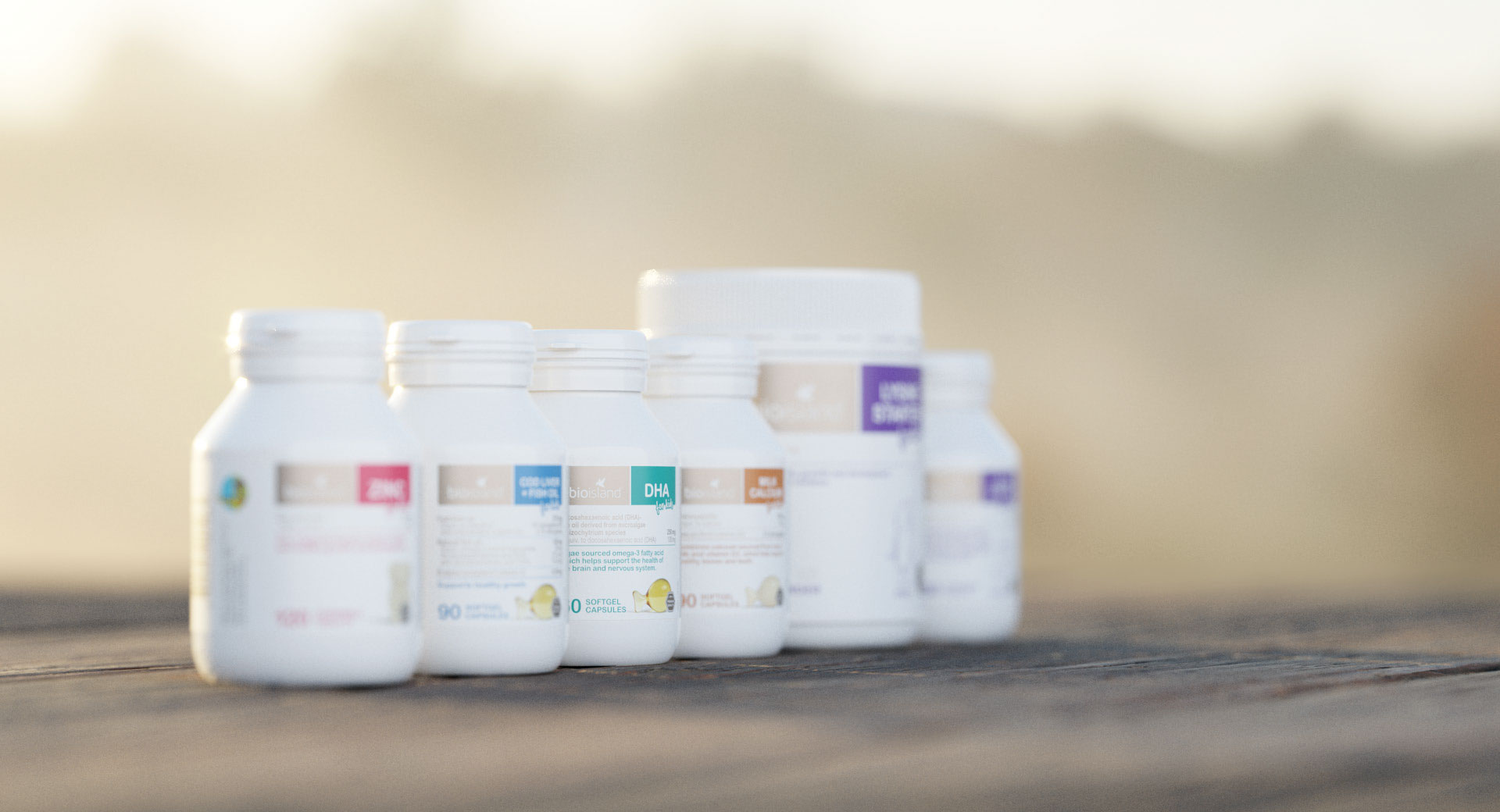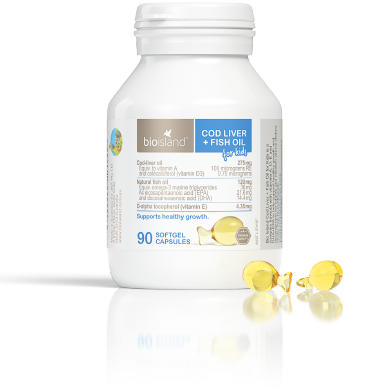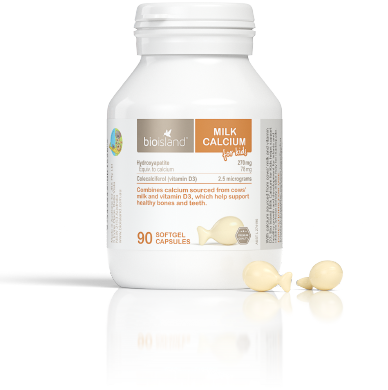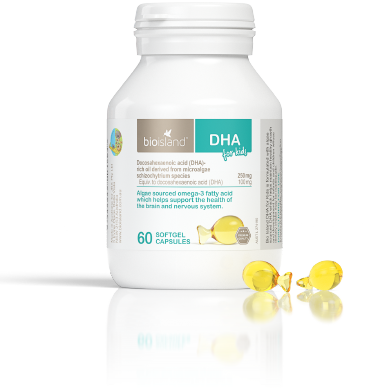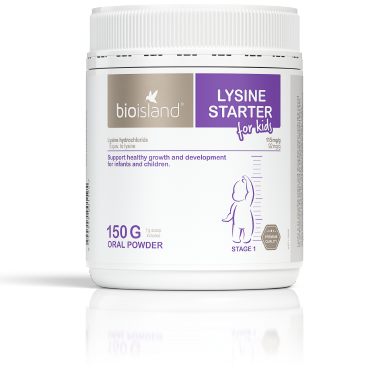
Native nutrition: A guide to native Australian ingredients
Some of Australia's unique flavours and ingredients also have an exceptionally high nutritional value.
By Bio Island Nutrition Team
A truly wonderful thing about Australia is its abundance of wild herbs, fruits and nuts. For over 50,000 years Indigenous Australians have been eating these foods. It is only now that modern Australia has started to experiment with these foods and bring them into the household, as we have learnt that these foods bring unique flavours to the table and also have an exceptionally high nutritional value. Some of these native ingredients include the Kakadu plum, kangaroo meat, lemon myrtle and the mountain pepper.
Kakadu Plum – the Kakadu plum is considered a gift of the dream time, due to its exceptional nutritional and antiseptic properties, it has been an important food and medicine in Northern Australia for a millennial. Not only can it be consumed as the juicy fruit that it is but it has also been used for medicinal purposes. The sap was consumed to treat joint inflammation, and the bark was applied to the body to treat burns, rashes and infections. The great thing about the Kakadu plum is that it has recorded the highest recorded level of vitamin c of any fruit in the world, measuring up to 100 times the vitamin c content found in an orange. Not only does in have a high dose of vitamin c but in also has high levels of iron, vitamin E and antioxidants. In modern cooking the Kakadu plum is usually freeze dried and used as a nutritional supplement but can also be used in smoothies and other drinks.
Kangaroo Meat – kangaroo meat has been consumed by the indigenous Australians for centuries. And now in modern Australia it is being consumed on a regular basis which you can find at almost any supermarket or butchery. This is because it is an extremely lean meat, with only a 2% fat content. It contains high levels of essential b vitamins, zinc, iron, and omega 3 & 6. Also, kangaroos are not farmed which means they are free from antibiotics, growth hormones and chemicals.
Lemon myrtle – this is one of Australia’s most popular native herbs not only because of its fresh fragrance of lemon, but because of its array of uses. The herbs were originally used by chewing them or crushing them into a paste due to its disease fighting high anti-microbial properties. The paste was also rubbed into sores and boils. The leaves were also burnt to release their insect repelling properties. Lemon myrtle also contains an abundance of nutrients such as calcium, lutein, folate, vitamin A, vitamin E, zinc and magnesium. It is also a great source of antioxidants. It is now commonly used in marinades, soups, stews, casseroles and roasts.
Mountain Pepper – the mountain pepper is another popular was which was widely used due to its antiseptic properties. The mountain pepper is full of antioxidants and said that it has an even higher capacity then the blueberry. It has anti – inflammatory properties that may be used to help issues such as arthritis, asthma, and gut irritability. It also contains vitamin E, lutein, zinc, magnesium and calcium. The berry is now used on modern cooking as a marinade on meats, or added to breads, batter and pastry as a herb mix.
If you ever wanted to try one of these native ingredients at home making a lemon myrtle tea is a simple way to sample, especially with the upcoming colder season, as the lemon myrtle is a rich source of vitamin c and the ginger will help with the elimination of mucus from the system. You will need:
3 slices of fresh ginger
¼ tsp of cinnamon
¼ tsp freeze dried lemon myrtle powder
Slices of lemon for garnish
Now all you have to do is boil a kettle. Put your ingredients in your favourite mug, pour on the boiling water and let sit for 5 minutes. Garnish with slices of lemon and then enjoy.
This information does not take into account your personal situation and is general in nature. You should consider whether the information is appropriate for your needs and seek professional medical advice.
Always consult your healthcare professional before taking any supplements or if any concerns arise.
